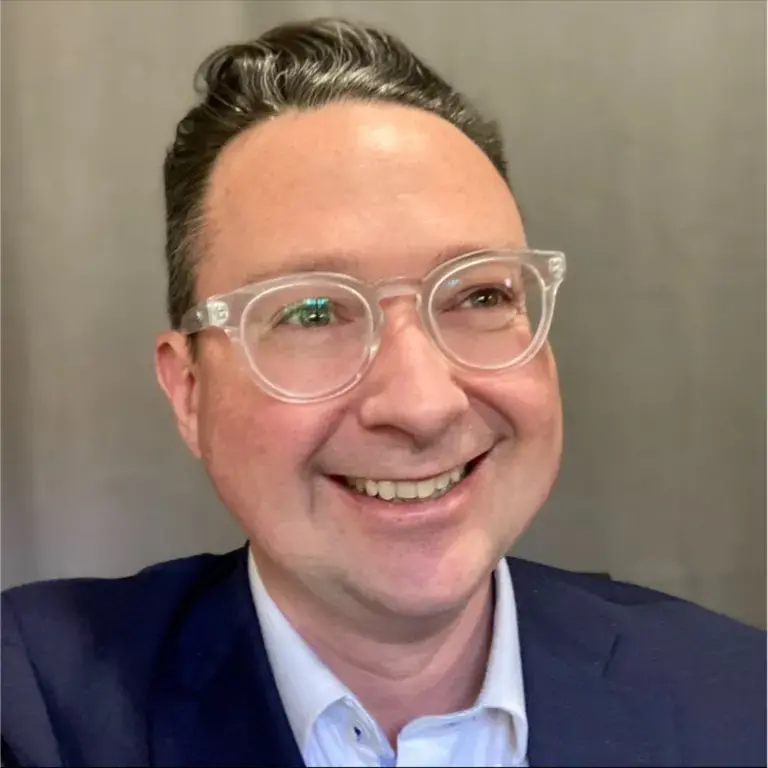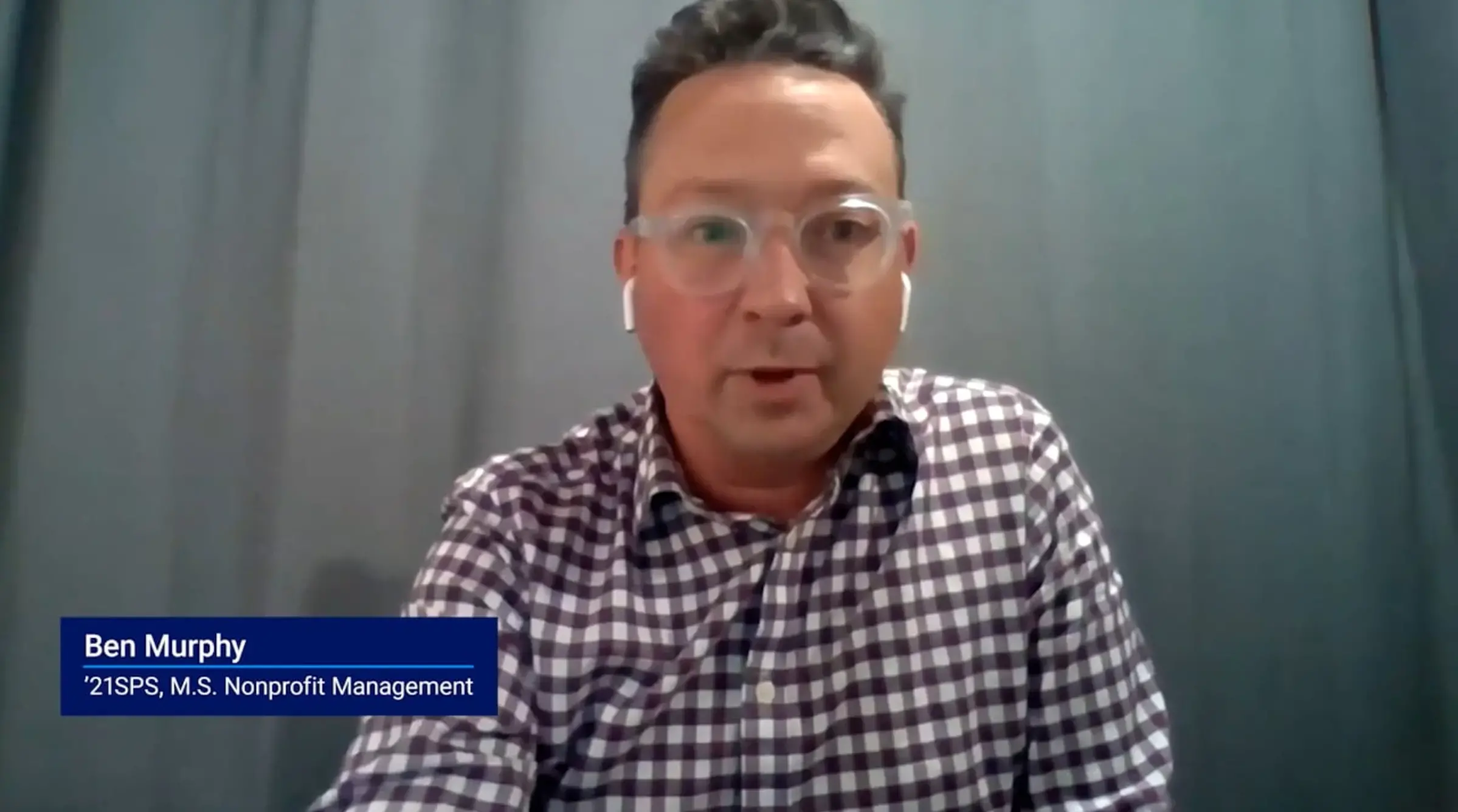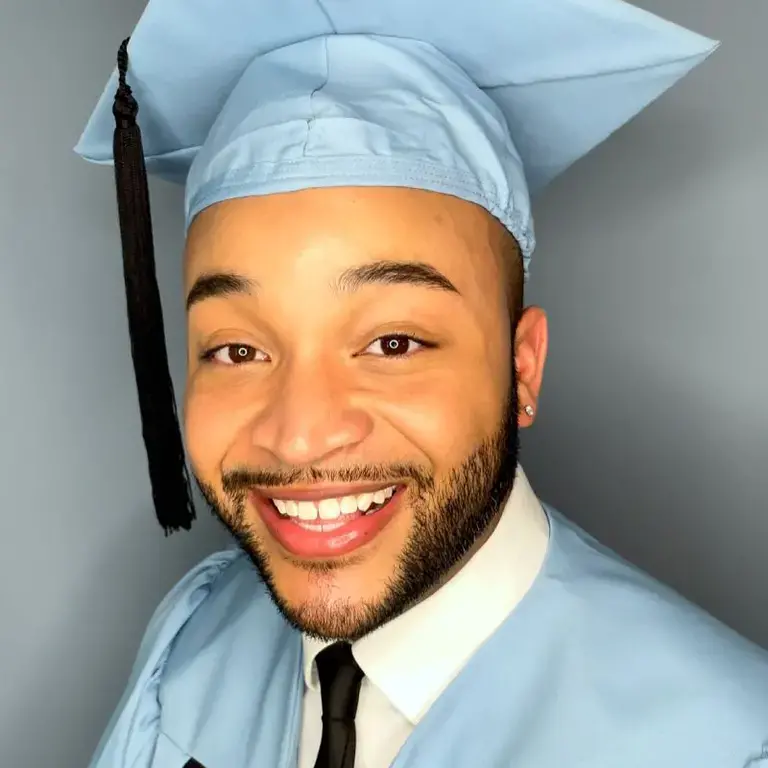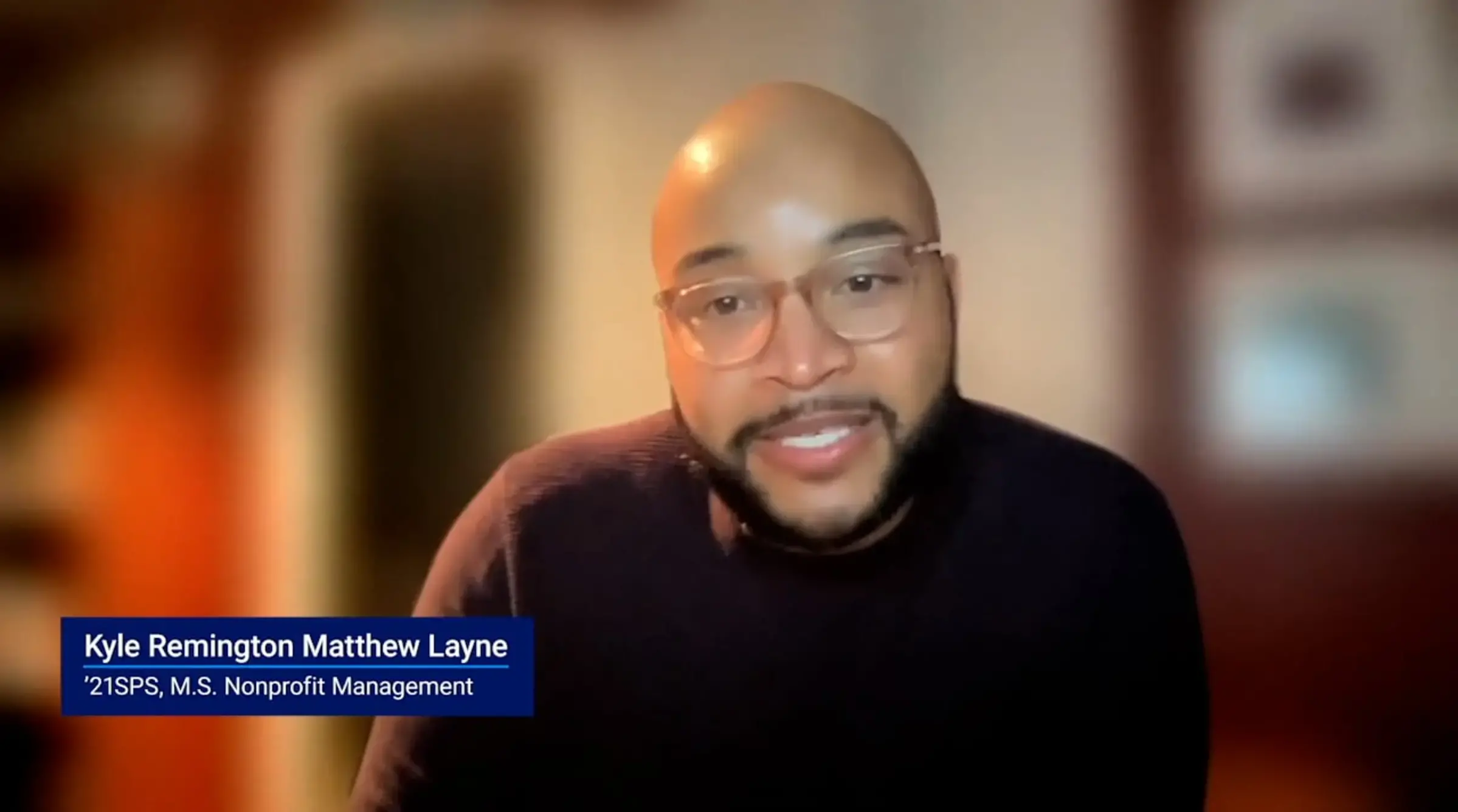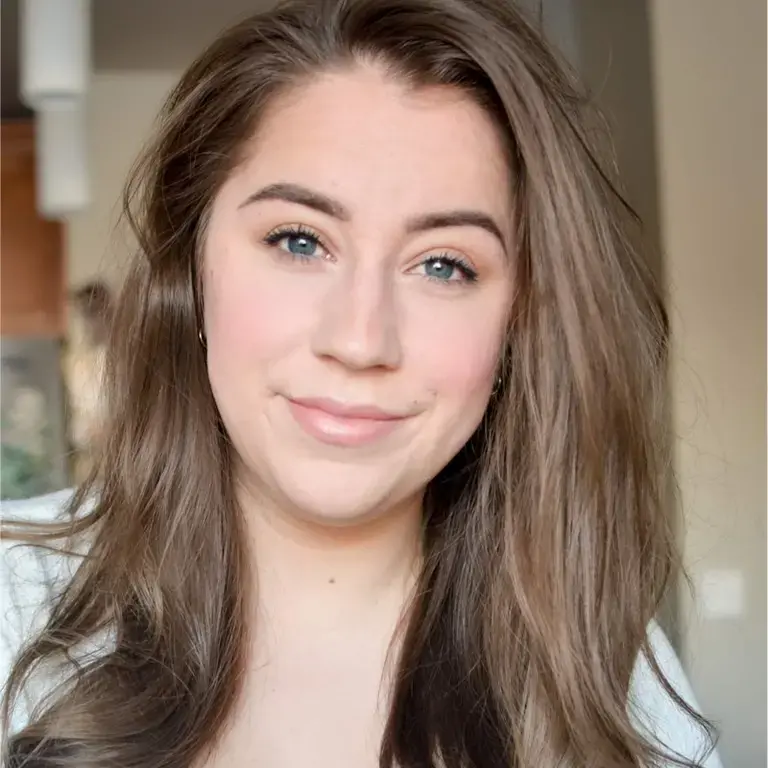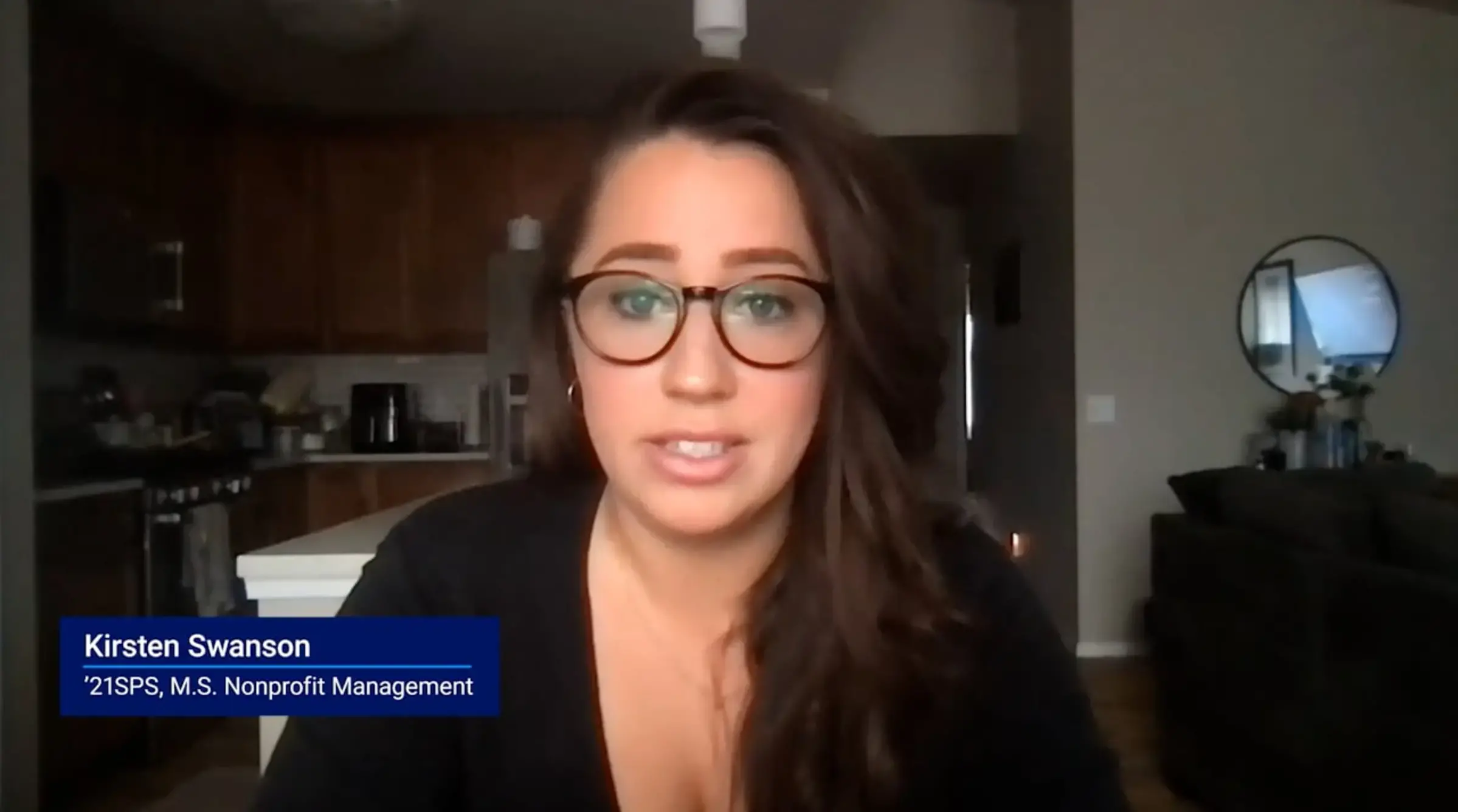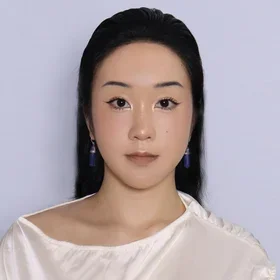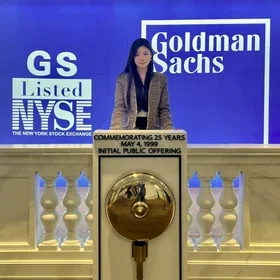Graduates of Columbia University’s M.S. Nonprofit Management online cohort share how the program provided them with the flexibility they needed and helped them to propel their careers.
I got my job in many ways because of this degree.”
As with many of his classmates, Ben Murphy entered Columbia with extensive experience in the nonprofit sector. He had partnered with senior executive leaders, managed programs and teams, handled budgets, and carried out a myriad of other responsibilities. Murphy says Columbia’s M.S. Nonprofit Management Program helped him to step back, to gain a more comprehensive view of the sector, and to discuss different solutions for real-life work scenarios with his professors and fellow classmates, most of whom were also working professionals.
“I am constantly working with c-suite executives, legal and finance leads, and our program directors. Being able to connect all those pieces seamlessly and confidently has been a huge benefit that I have taken from my Columbia experience,” he shares.
Over the course of two years, Murphy continued to work, managed two career moves, and juggled life as a husband and father—all while earning his degree from his home office in Rochester, New York. He is now the Director of Program Development for a children and family services organization based in upstate New York. “I got that job in many ways because of this degree,” he says. The program “really helped me be able to come in the door and put forth the vision of where I wanted to take the position.”
I really do think this program is in a class of its own–it really is the flagship.”
Kyle Remington Matthew Layne chose Columbia’s online M.S. Nonprofit Management Program not only for its rigor and flexibility, but to bolster his professional experience as well. He’d been in his previous role for about a year when he enrolled at Columbia. “If I wanted to really stand out, I wanted it to be for my commitment to the nonprofit sector, and I really do think this program is in a class of its own–it really is the flagship. This program is definitely my secret weapon, my secret tool to accompany my development and professional experience. ” Layne reflects.
The program’s lively discussions, thought-provoking case studies, and access to Columbia’s scholar-practitioner lecturers are among the program’s strengths, according to Layne. “The caliber of my fellow student cohort members and the professors was impressive,” he says. “It really never felt like–besides sitting in front of a computer–an online program. I felt like I was in the classroom with these people, learning and debating…I still have syllabi that I refer to often.”
While at Columbia, Layne also took advantage of co-curricular and professional development opportunities. He joined the board of the Nonprofit Management Student Association and has connected with several Columbia M.S. Nonprofit Management alumni. Just a few months after graduation, Layne received a promotion to Development Officer for Major Gifts at the Carnegie Endowment for International Peace. Today, he is a Senior Partner Success Strategist at FreeWill, a fundraising tech startup focused on making complex giving strategies (e.g. bequest, QCDs, and cryptocurrency) easier for not only individuals to donate but for nonprofits to receive them as well. He is also an entrepreneur, consultant, and Associate Instructor for the M.S. Nonprofit Management Program.
Our online classrooms brought people from Hawaii, Alaska, and China all together in the same space, where we were constantly strategizing and theorizing.”
Kirsten Swanson has been interested in the nonprofit sector since the start of her career, “but when I was getting my undergrad it really was not an option to study nonprofit work,” she recalls. While Swanson entered the workforce using her business degree to break into the nonprofit realm at the American Cancer Society in San Francisco, she knew she needed to continue her education if she wanted to stay relevant as the sector grew. When Swanson learned about Columbia’s online M.S. Nonprofit Management program, she “did not want to miss the opportunity and shot for the stars” by applying.
Like Murphy, Swanson found great value in getting real-time ideas, strategies, and solutions from her professors and fellow classmates, who were also experienced nonprofit professionals. She was able to apply classroom learning in her full-time job, keeping her current, more creative, and confident in her career. “When you have a $50,000 check in your hand, it can be scary to balance impact and the creative innovation needed, but Columbia’s classes are set up in a way where you can have theories and ideas and push the envelope in a safe place.”
A few months before completing her Columbia degree, Swanson accepted new roles; she is now the Individual & Corporate Giving Manager for the Anchorage Museum and also the VP of External Affairs for the Alaska chapter of the Association of Fundraising Professionals (AFP).
Click here to view the full recording of the M.S. Nonprofit Management Networking for Good session Murphy, Layne, and Swanson co-hosted.
